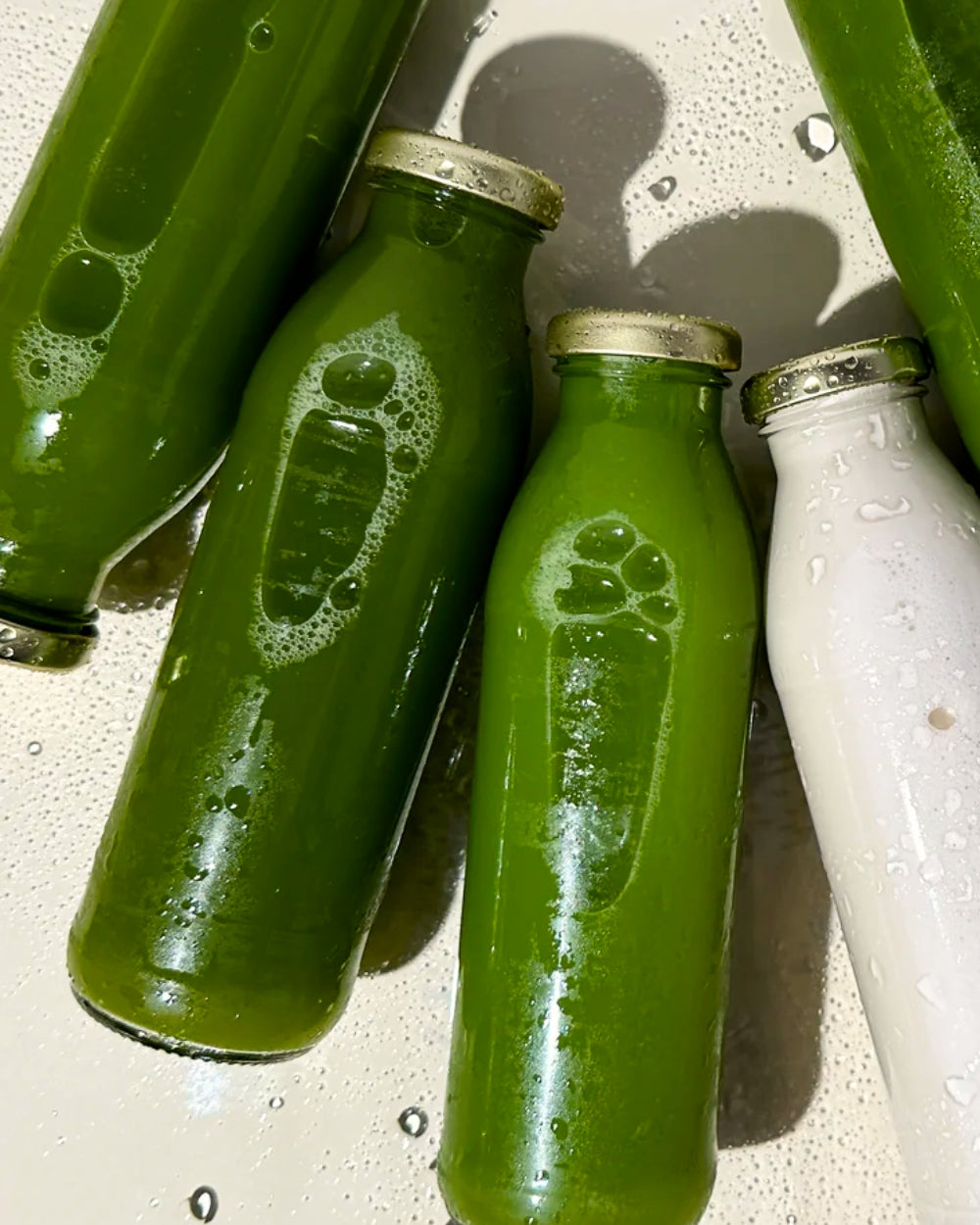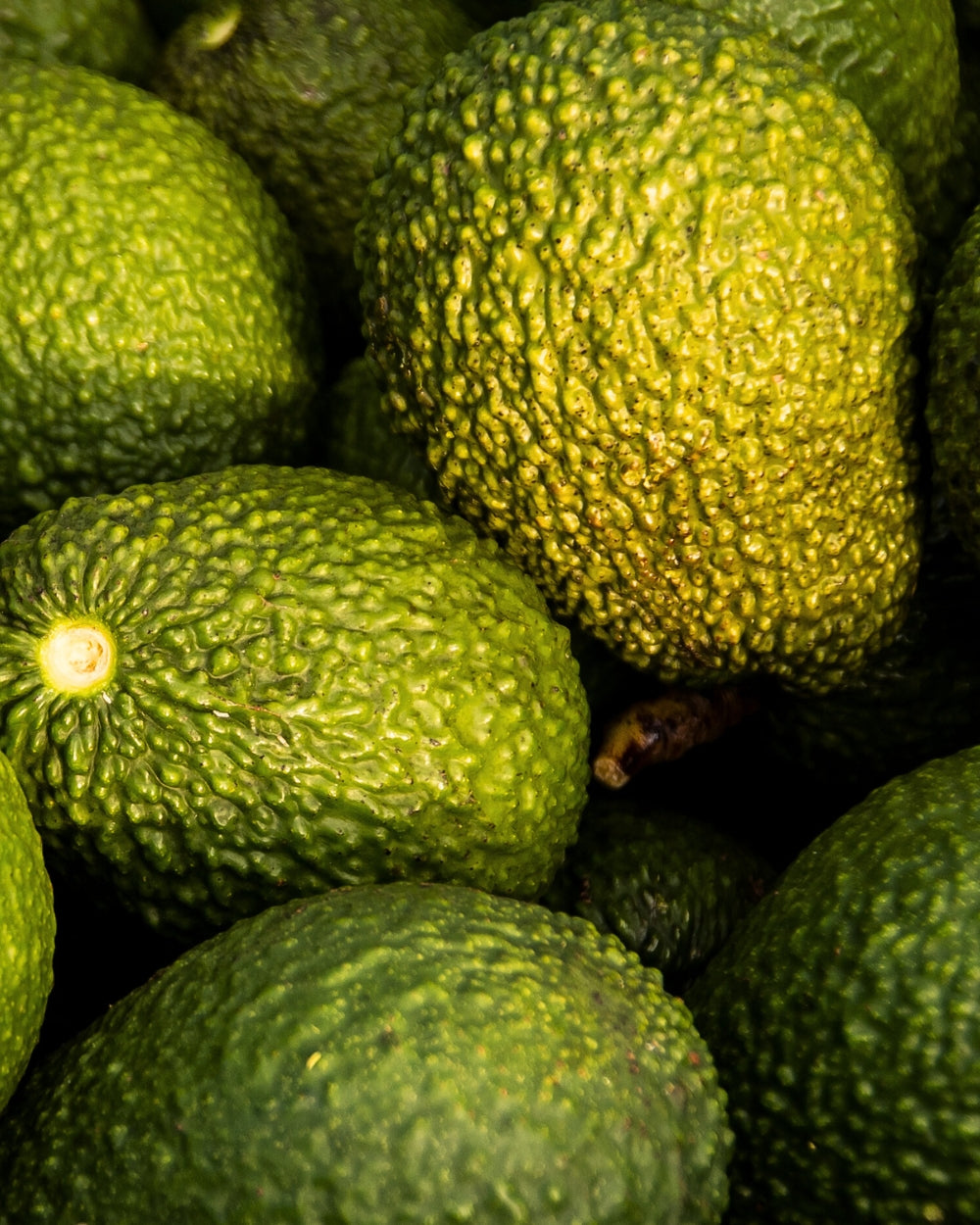The ketogenic diet, or "keto" for short, has gained widespread attention over the past decade. While often promoted as a weight-loss solution, the keto diet is more than a passing trend. At its core, it's a high-fat, moderate-protein, low-carbohydrate approach to eating that can support certain health goals when done thoughtfully and under guidance.
At Organika, we’re here to support all kinds of wholefood lifestyles, including keto. Whether you’re seeking sustained energy, managing blood sugar levels, or simply exploring low-carb options, our shelves are stocked with organic, ethical ingredients to nourish your journey.
What Is the Ketogenic Diet?
The ketogenic diet is designed to shift the body’s primary energy source from carbohydrates to fats. By reducing carbohydrate intake and increasing healthy fats, the body enters a state called ketosis, where it begins to burn fat for fuel instead of glucose.
This metabolic shift may support:
- Stable energy levels throughout the day
- Reduced sugar cravings
- Balanced blood sugar, especially in individuals with insulin sensitivity
- Mental clarity and cognitive support
Keto isn’t for everyone, and it’s not a magic fix. But for many, it’s a useful tool to better understand how the body responds to different foods.
Keto the Wholefood Way
We believe keto can be both nourishing and sustainable when built around whole, nutrient-dense foods. Some Organika favourites include:
- Pasture-raised meats and organic poultry
- Wild-caught fish (like salmon, mackerel and sardines)
- Organic eggs
- Extra virgin olive oil, coconut oil, and ghee
- Avocados and nuts (macadamias, almonds, walnuts)
- Fermented vegetables (like kimchi and sauerkraut)
- Non-starchy vegetables (zucchini, broccoli, leafy greens, cauliflower)
- Coconut yoghurt and full-fat dairy (for those who tolerate dairy well)
Our Noosa store offers keto-friendly pantry staples, snacks, oils, and ready-made meals, sourced with ethics and quality in mind.
A Note on Health Claims
While keto has been studied for various potential benefits—including supporting neurological conditions, reducing inflammation, and improving metabolic markers—results vary from person to person. Some people feel more energised and focused, while others may not find it suitable long-term.
At Organika, we don’t believe in one-size-fits-all approaches. Instead, we encourage mindful eating and self-awareness. If you’re curious about keto, we recommend:
- Consulting a healthcare practitioner or nutritionist
- Tracking how your body responds
- Prioritising whole foods over processed \"keto\" products
Supporting Your Keto Journey at Organika
Whether you're easing into low-carb living or well-versed in keto cooking, we’re here to help. Our knowledgeable team can help you:
- Build a keto grocery list
- Discover nourishing alternatives to refined carbs
- Choose supplements that support digestion and balance
- Try delicious low-carb recipes or snacks
You’ll find everything from organic coconut products to grass-fed bone broth, collagen, MCT oil, low-carb crackers, and more.
Keto with Kindness
The most sustainable dietary changes come from a place of care, for yourself, your health, and the planet. Keto doesn’t have to be restrictive or rigid. It can be colourful, flavourful, and tailored to your needs.
At Organika, we’re proud to offer the tools and ingredients to make your version of keto feel good, taste great, and support your long-term wellbeing.
Pop into our Noosaville store or explore our organic, keto-friendly range online.
Read more

Juice cleansing can be a gentle, supportive way to reset your system and reconnect to mindful eating. Explore how to prepare, what to expect, and how to nourish yourself, before, during, and after,...

At Organika, we see organic food as more than a label, it’s a return to flavour, connection, and care for the land. Discover the roots of organic farming in Australia, the rise of regenerative and ...

